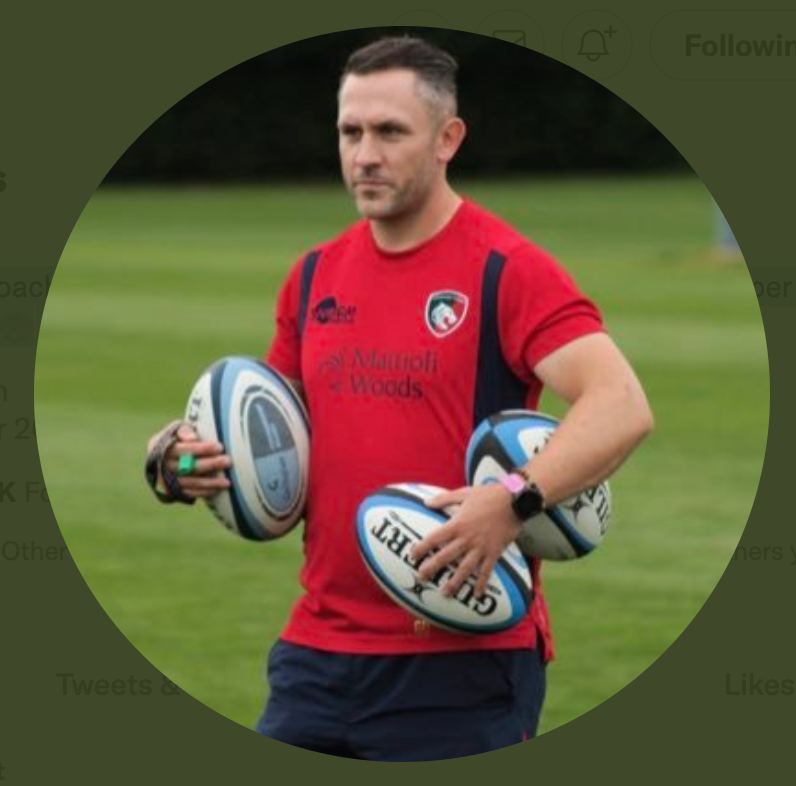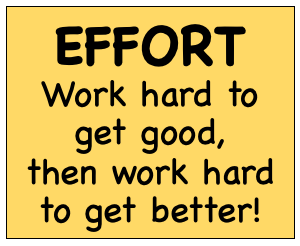This is not the first time, I’ve posted about this and for many years now, I’ve always enjoyed the break away from coaching. Our Senior season started back in July 2021. I’m due to finish my UEFA A-License very soon (fingers crossed), just need to do 1 more assessment (all going well); for that reason I’m still coaching some teams until I get over the line.
This post is mainly for you, The Coach who needs a break or the coach who wants to take a break but feels pressurised to keep going. Even if the players are keen to keep going, I suggest you take the break for as long as you can. It will benefit the player, the team, it will benefit you and most importantly, if you have a family and a partner, it will benefit them.
Although training is important, it is also equally as important to ensure that you take adequate breaks in order to aide recovery. Doing this can actually help improve performance, focus and commitment in the long run.
We worry so much about taking time off because we are so afraid of falling behind or we hear other teams are still going and we are afraid of losing our players to these teams. You can’t be worrying about this. If they desire to keep training, suggest other forms of exercise such as swimming, running or even bike riding to provide some variety in their training.
I made the mistake of training through the summer some years back and by October everyone was tired, we had been going for 15 months without stopping and everyone needed a break. The players were sick of hearing the same things over and over again and I was getting agitated. Christmas couldn’t come quick enough and I haven’t made that mistake since!
Another season over – That’s 13 Seasons done now!
Our season finished early May this year, in fact our second last game was April and we had to wait 3 weeks to play the next one. The lads were already on holiday mode. We ended in a win and a promotion. So it was a great way to finish on a high. Generally, I would take an extra long break and not return until July. However this year with the assessment, things are a little different. The Senior season usually starts a couple of weeks earlier than the under age one. So I won’t get as much time off now but I’ll get enough.
Preparation and Family time..
The time off I get, will allow me to research, prepare a 6 week training plan and devise new coaching methods, strategies, session plans and complete my Principles of Play….. along with devoting this time relaxing and spending time with family and friends. It’s also important for me to do some work around the club, meeting with coaches and helping other fellow coaches were I can but Family time is the main priority now.
“Texas Health Resources Dr. Damond Blueitt said soccer can take a toll on feet ankles and knees–not to mention the occasional concussion–but most injuries are the product of simply playing too much soccer”
Specialisation…
Many children only play football or 1 sport, so this a great opportunity to try new sports or new activities. Specialising in just one, has many downsides. In fact children those who specialise in just one sport can become ‘vulnerable to burning out both physically and mentally’ said Dr.Alan Goldberg a sports & child psychologist.
Playing a single sport all year round can be very tiring and kids can even get tired of playing the game altogether. In many cases the joy and passion they had at the start of the season can diminish and playing can become a chore. Too much of anything is not good for anyone.
In sport, too much use of certain body mechanics or too much repetitive movements can lead to over-use injuries. Study after study has shown that moving in various directions, using both sides of our body is much more beneficial and will help develop much better movement patterns and cause less injuries in the long run.
“I had been coaching pretty much nonstop for the previous seven years, and this is as a volunteer who also had a job, a family of six and other commitments. Simply, I just burnt out from the schedule demands. I felt like I wasn’t being as good a coach as I should be, and I felt like I wasn’t as good to my family as I could be. Who knows, maybe my burnout contributed to the issues with parents during that last season” – Coach Tom
That’s why rest, relaxation and taking time off is so important to the development of any player and The Coach. Coaches can suffer mental & physical burn out too, leading to becoming disillusioned with the game, or even anger on the sidelines. Engaging in other activities, can help you de-stress from the sport you coach or play the most.
“Taking time to do NOTHING, often brings everything into PERSPECTIVE”
This time is for you. Use it!
For a Coach, it might even be spending more time with your own family or for the Parents, it could be devoting more time to your other children or for a Player, just taking time away from the pressures of the game and having fun doing other things with friends and family. Even trying new games or sports.
So many, devote so much time to other peoples children, we tend to forget about our own.
- If you’re a parent-coach you might want to stop talking about the team to your son or daughter.
- Leave the team issues to during the season and try not to discuss team matters when you’re away from team set-up.
- You might let you child practice alone and simply engage as a parent and not their coach.
- You could set an agreement with your family about this.
- If you meet players during the off-season, chat to them as people. Ask them about their life and what they are up too?
- Try stay off social-media and engaging in discussions around your sport.
Some simple tasks like the ones above will enhance the BREAK you need. Time away from anything you love doing, will make you want it even more when you get back to doing it and the same goes for the players. Everyone comes back re-charged and ready for the new season.
The Players can still improve away from the organised coaching by practicing with their friends and on their own. After all, that’s how the game began for the majority children in sport….. kids did fairly well without us….up to a certain point and/or age. We don’t always need to be coaching and they don’t always need to be coached!
Take a break, we all need one and we all deserve one too!
Enjoy that break folks!
-End
I always like to hear your opinions and views. If you feel you have something to say, please comment below or email me info@thecoachdiary.com
If, you don’t have anything to add then please forward this on to a friend/coach. As always, thanks for reading.
I’m also on twitter @Coachdiary and Facebook






